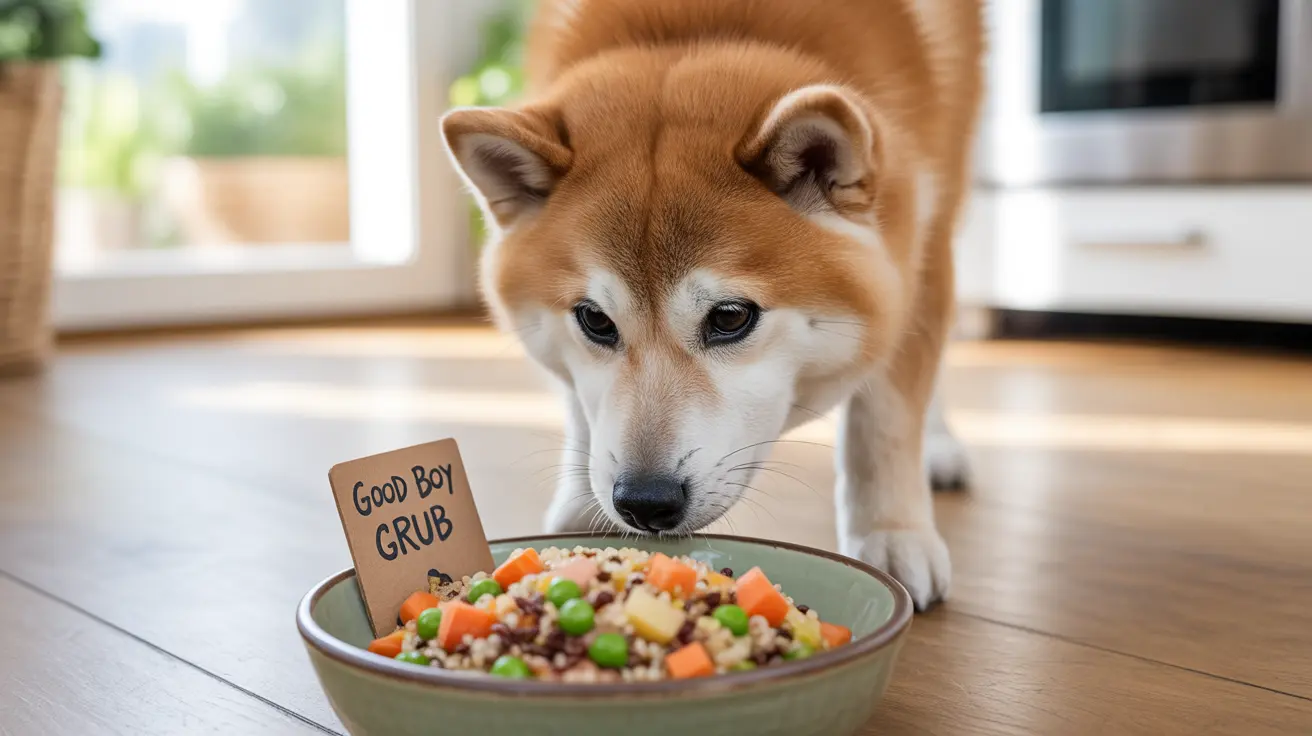Understanding the Basics of Vegan Dog Nutrition
Dogs have evolved alongside humans for thousands of years, developing the ability to digest a variety of foods. Unlike cats, who are obligate carnivores, dogs can potentially thrive on a well-planned plant-based diet that meets all their nutritional requirements.
However, achieving proper nutrition through a vegan diet requires careful attention to specific nutrients typically found in animal products, including proteins, essential amino acids, vitamins, and minerals.
Essential Nutrients in a Vegan Dog Diet
Protein Requirements
Dogs require complete proteins containing all essential amino acids. Plant-based sources include:
- Soy products
- Quinoa
- Lentils
- Chickpeas
- Pea protein
Vital Vitamins and Minerals
A balanced vegan dog diet must include supplemental sources of:
- Vitamin B12
- Vitamin D
- Taurine
- L-carnitine
- Iron
- Zinc
Benefits of a Vegan Diet for Dogs
Recent studies have shown several potential benefits of properly formulated vegan diets:
- Reduced inflammation
- Lower risk of obesity
- Improved digestion
- Decreased allergic reactions
- Potentially lower cancer risks
Potential Risks and Challenges
Converting your dog to a vegan diet comes with several considerations:
- Risk of nutritional deficiencies
- Need for careful meal planning
- Regular veterinary monitoring
- Higher cost of quality vegan dog food
- Potential digestive adjustment period
Choosing the Right Vegan Dog Food
When selecting vegan dog food, prioritize:
- AAFCO-certified complete nutrition
- Commercial brands over homemade recipes
- Products with documented feeding trials
- Comprehensive nutrient profiles
- Regular quality testing
Monitoring Your Dog's Health
Regular health monitoring should include:
- Twice-yearly veterinary check-ups
- Blood work to check nutrient levels
- Weight monitoring
- Coat and skin condition assessment
- Energy level evaluation
Frequently Asked Questions
Can dogs safely eat a vegan diet, and what are the potential health benefits?
Yes, dogs can safely eat a properly formulated vegan diet. Potential benefits include reduced inflammation, better weight management, and improved digestion. However, the diet must be carefully balanced with all essential nutrients.
What nutritional supplements are essential for a dog on a vegan diet to avoid deficiencies?
Essential supplements include vitamin B12, vitamin D, taurine, L-carnitine, and specific amino acids. Commercial vegan dog foods should already contain these supplements in appropriate amounts.
How can I transition my dog to a vegan diet without causing digestive issues?
Transition gradually over 7-10 days by slowly increasing the proportion of vegan food while decreasing the original diet. Monitor your dog's response and adjust the transition period as needed.
Are homemade vegan dog diets safe, or should I use commercial vegan dog food?
Commercial vegan dog food is generally safer as it's formulated to meet all nutritional requirements. Homemade diets risk nutritional imbalances unless designed by a veterinary nutritionist.
What regular veterinary monitoring is recommended for dogs on a vegan diet?
Recommend bi-annual check-ups including blood work to monitor nutrient levels, protein status, and overall health markers. More frequent monitoring may be needed during the initial transition period.
Conclusion
While a vegan diet for dogs is possible and potentially beneficial when properly implemented, it requires careful planning, high-quality commercial foods, and regular veterinary oversight. Success depends on choosing nutritionally complete products and closely monitoring your dog's health throughout the transition and maintenance phases.
Always consult with your veterinarian before making any significant changes to your dog's diet, and be prepared to adjust or discontinue the vegan diet if your pet shows any signs of nutritional deficiency or health issues.






